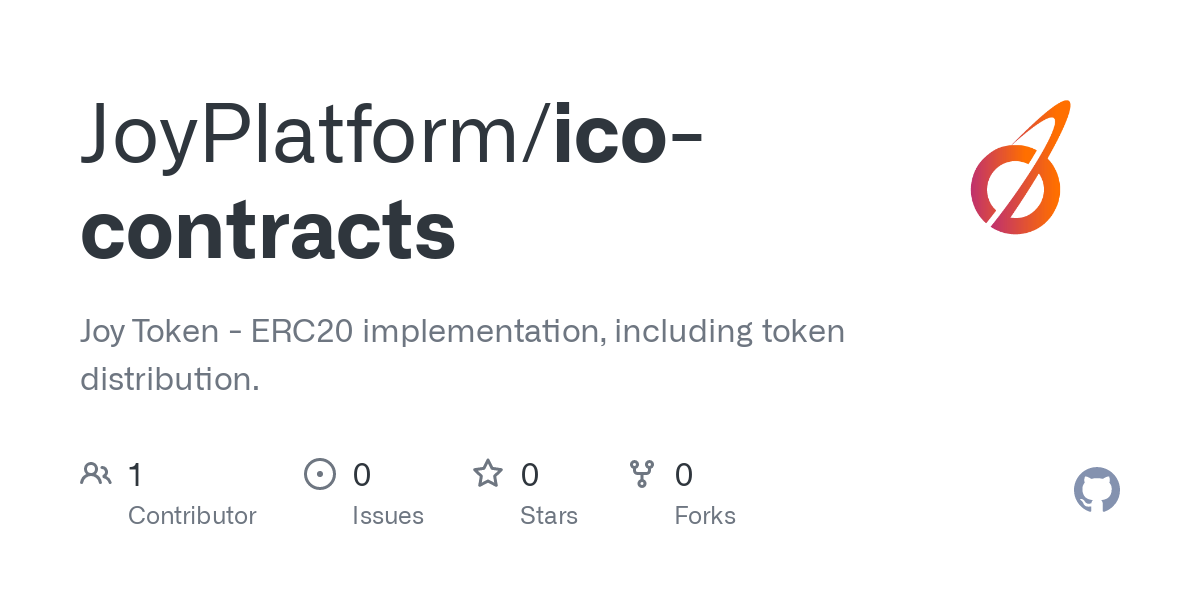Closing costs aren't just something homebuyers need to worry about. There are also home seller closing costs that can take you by surprise if you aren't prepared.
If you’re selling your home, you probably know you’ll have to pay your real estate agent’s commission, a figure that typically runs from 5 percent to 6 percent of your home’s final sales price.
But don’t think your bill ends there. Selling a home doesn’t come with nearly as many closing costs as you’ll pay when you buy one. But there are still some costs – everything from pro-rated property taxes to, in some states, a chunk of the title insurance fees – that might surprise you.
Closing costs will eat into any profits you realize when selling a home. So even as you’re standing mortgage rates and negotiating a sales contract on whatever home you are going to buy, it’s important to know what financial hits to expect when you’re selling your home, too.
Property taxes
One of the biggest hits, outside of your real estate agent's commission, will be the pro-rated property taxes you must pay when your home sale closes.

It's a bit complicated, but Josh Moffitt, president and founder of Silverton Mortgage Specialists in Atlanta, says that sellers at closing must pay pro-rated property taxes from January 1 until whenever they end up selling the house.
Say you are selling your home in July. You'll then owe the property taxes from January through July at the closing table.
"Simply put, whoever owns the house owes the taxes while they live in it, and the surprise closing cost for the seller is just the proration of what they owe for that month," Moffitt said.
If you have an escrow arrangement with your mortgage -- where you pay a bit extra each month with your mortgage payment and your mortgage lender then uses these extra dollars to pay your property taxes and homeowners insurance on your behalf -- you might receive a refund from your escrow account after your home sale closes. But this doesn't happen instantly. You'll usually have to wait about a month to get that escrow refund mailed to you.
And long before that refund is mailed to you, you’ll have to cover the costs of those pro-rated taxes, usually paid for out of the proceeds of your home sale. This is a cost that can be hefty. Say you have to pay six months of taxes at closing and you pay $6,000 a year in property taxes. You’ll owe $3,000 when you sign the closing papers.
Real estate transfer taxes
Brian Thompson, a Chicago real estate lawyer and certified public accountant, said that sellers are often surprised when they discover that they must pay state and county real estate transfer taxes.
These taxes vary according to where you live. In Illinois, sellers pay a state transfer tax of 0.10 percent of the home's final sales price. For a home selling for $200,000, that comes out to $200. In Cook County, Illinois -- home of Chicago -- sellers must also pay a county transfer tax of 0.05 percent of the home's sales price. That would come out to an additional $100 on that home selling for $200,000.
Thompson said that some municipalities charge sellers municipal transfer taxes. In Chicago, sellers must pay a transfer tax of 0.30 percent of a home's purchase price. On a $400,000 home sale, that would come out to $1,200.
"As you can see, the real estate transfer taxes paid by Chicago real estate sellers can really add up," Thompson said.
Repairs
Some buyers might be extra picky following the home inspection. They might demand that you repair every small item that’s not working properly, from a kitchen faucet that drips to a window that sticks. You can refuse, of course, but that could cause the buyers to walk away from the sale, even if they risk losing their earnest money deposit.

If the inspector finds serious problems – such as a sinking foundation or damaged roof – you’ll almost certainly have to pay for the repairs, get them done yourself or lower the final sales price of your home. With serious problems, the buyers might be able to walk away from the deal without even losing their earnest money deposit.
Corey Vandenberg, a mortgage consultant with Platinum Home Mortgage in Lafayette, Indiana, said that sellers need to stay in contact with their real estate agents so that none of these costs surprise them.
"The old adage is buyer beware, but it should be seller beware," Vandenberg said. "The buyer makes the purchase agreement and offer and all the requests on it, so the seller must read more than just the amount and dig into the details a lot further down in the purchase agreement."
Title insurance
This cost can vary by state, but some require that home sellers must pay for an owner's title insurance policy on the home they are selling.
This is another big expense, one that can cost about $2,000 to $3,000, depending on where you live and your home.
Moffitt says that sellers should speak with their real estate agents early in the sales process about this fee. Depending on where they live, it's one that they might not have to worry about.
For instance, in Georgia, buyers purchase their own title insurance. In North Carolina, though, the sellers are responsible for covering the costs of the new owner's title insurance policy, Moffitt said.





